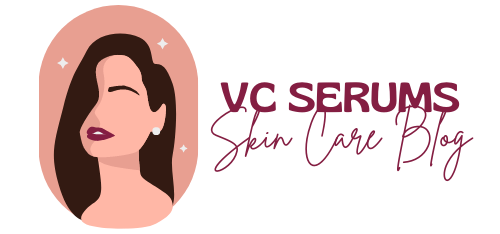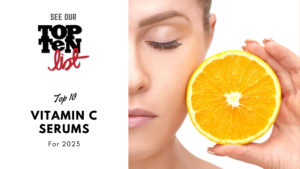How to choose your serum?
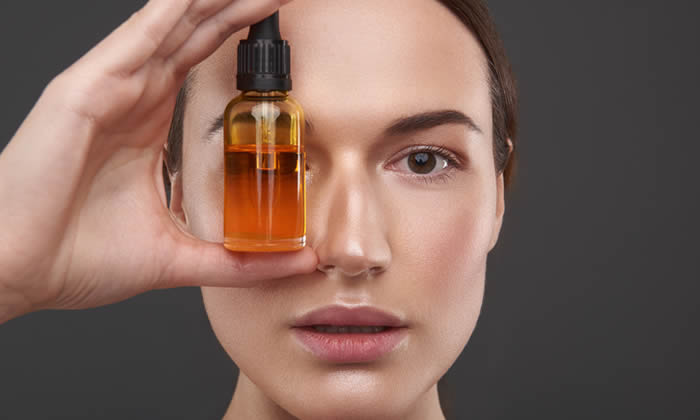

DEPENDING ON YOUR NEEDS AND GOALS, CHOOSING THE RIGHT SERUM CAN BE A GAME-CHANGER. OUR ADVICE TO MAKE THE BEST CHOICE!
Depending on your skin type, your needs, your goals, not all serums have the same benefits. We help you find the one you need!
The serum, an essential concentrated treatment
In just a few years, the serum has become a must in any self-respecting skincare routine! Its particularities? A more fluid texture than a cream and, above all, a higher concentration of active ingredients.
Which serum for which need?
As a general rule, we can distinguish 3 kinds of serums, depending on their specificity:
• The serum to improve the quality of the skin relies on moisturizing properties that will give a shot of hydration to the skin, thus boosting radiance and reducing the marks linked to the various internal factors (fatigue, stress, etc.) or external (cold , pollution …).
• The serum to fade skin imperfections are those that have the most targeted action. Some make it possible to attenuate or prevent the appearance of pigment spots, others help to fight against excess sebum (responsible for pimples and blackheads), and still others target redness… Most often, we integrate their use with other treatments (cream, lotion, etc.) targeting the same problem.
• Serum to fight against skin aging is designed to fill wrinkles and firm. Most often, this type of serums contain antioxidants in their formula and many contain hyaluronic acid.
Which serum for my skin type?
Dry skin? Because of its ability to boost hydration, the moisturizing serum will be the most recommended for dry skin. On the other hand, if you have oily skin, it is better to bet on a targeted action serum, which will allow fight against excess sebum.
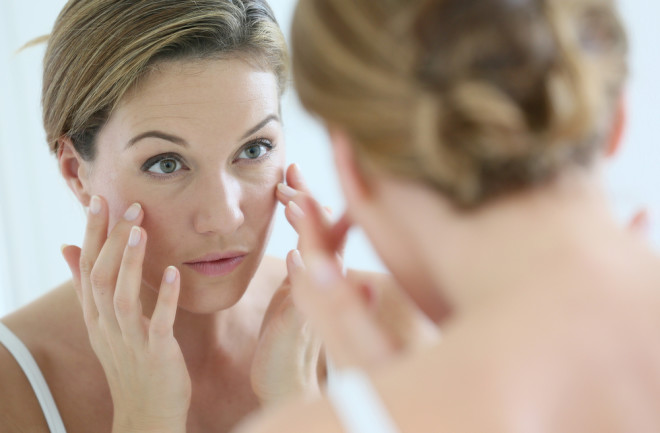

Which serum texture to choose?
On the texture side, we can also distinguish two types of serums. Lipid serums, which are thicker, are more suitable for more mature and/or marked skin; hydrous serums, which are finer, are more suitable for dry, thirsty skin.
Types of skin serums
Here are different types of face serums:
• Hydrating serums
• Anti-Aging Serums
• Brightening serums
• Exfoliating serums
• Acne Serums
Hydrating serums
A hydrating serum introduces water into the skin. This helps reduce fine lines and wrinkles while keeping skin looking healthy and glowing.
There are three main reasons people use hydrating serums:
1. To hydrate dry skin
2. To control sebum production
3. To stimulate collagen production
A good moisturizing serum usually includes some type of hyaluronic acid, glycerin, aloe Vera, vitamin E, Shea butter, jojoba oil, coconut oil, and sometimes even retinol. These substances act as humectants (substances that attract and bind moisture to the skin) and help keep the skin hydrated and supple.
Anti-Aging Serums
Anti-aging serum is a best product that slows down the aging process. These serums help reduce wrinkles, fine lines, age spots and dark circles under the eyes. They also increase skin elasticity and improve overall complexion.
These types of products may contain ingredients such as jojoba oil, Argan oil, vitamin C, macadamia oil, hyaluronic acid Serum, etc. Daily use of Timeless vitamin c Serum helps reduce the signs of aging while reviving your natural glow!
Brightening serums
Serums help treat hyperpigmentation’s, age spots and dark spots caused by acne, sun exposure and genetics. Vitamin C and niacinamide are two of the main active ingredients found in skin lightening serums. They typically contain vitamin C and niacinamide, two powerful antioxidants that work together to brighten skin tone and improve skin texture.
These serums help improve overall skin tone by increasing collagen synthesis and reducing inflammation. Vitamin C benefits include boosting collagen production, improving skin elasticity, preventing wrinkles and smoothing fine lines. Niacinamide promotes circulation, hydration and even pigmentation.
Exfoliating serums
Exfoliating serums are one of the most effective ways to improve the appearance of your skin. They help reduce the signs of aging, keep your complexion clear and bright, and allow topical treatments to work better. The basic principle of exfoliation is simple: dead cells accumulate under the surface of the epidermis.
When you wash your face, your body naturally sheds these cells, but over time this shed becomes less frequent, leading to clogged pores, a dull appearance, and acne breakouts. To combat this, exfoliating serums gently loosen the bonds between the outermost layer of skin cells, allowing them to flake and fall off. Exfoliating serums improves circulation, encourages cell turnover and stimulates collagen production.
Acne Serums
An acne serum is an oil-based product that helps reduce the size of pimples on your face. These products contain natural ingredients like vitamin E and tea tree oil. This product can be used alone or in combination with other acne treatments.
When to use a face serum
Best Vitamin c serum should always be applied after cleansing and before applying moisturizer. It can be applied twice a day, once in the morning after cleansing the face and once in the evening after removing make-up.
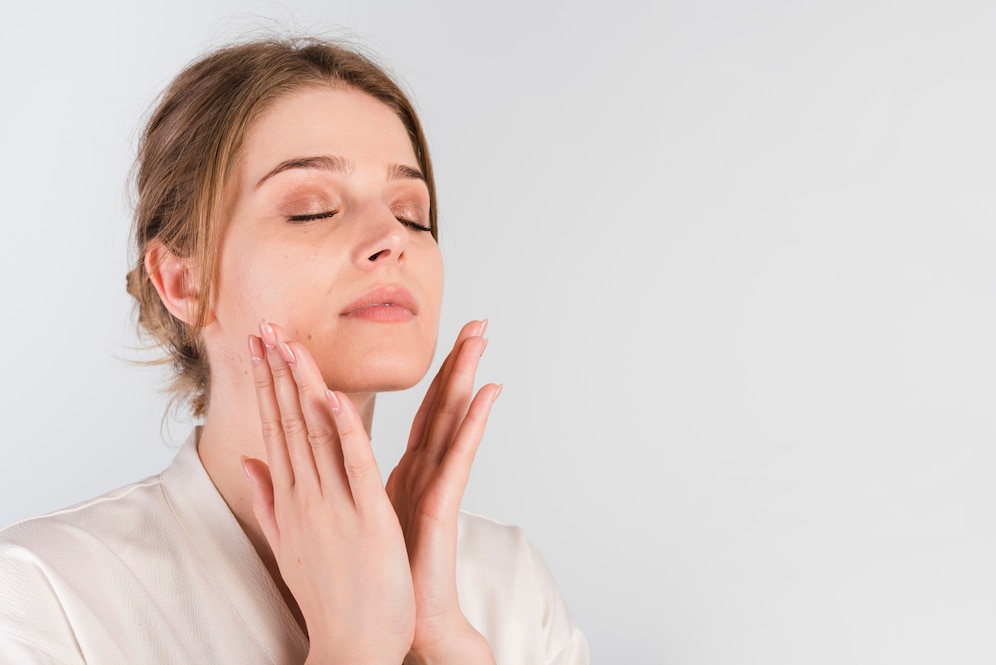

How to use facial serum in your skincare routine?
Serums are a great way to hydrate skin without clogging pores. They are also one of the most effective ways to target specific issues such as acne scars, fine lines, hyperpigmentation, dark spots, wrinkles, and even sun damage. However, it is important to know how to use them correctly.
Here are the general steps of a skin care routine:
1. Clean your face
2. Apply a toner or mist
3. Apply your face serum
4. Wait 5 minutes
5. Hydrate your skin
What are the benefits of face serum?
• It helps prevent wrinkles
• It makes your skin look younger
• It helps fight acne
• It improves skin tone
• It improves the texture and appearance of the skin
• It gives glow to your skin
• It improves the elasticity of the skin
• It helps prevent sun damage
• It protects your skin against UV rays
• It reduces wrinkles
• It hydrates your skin
